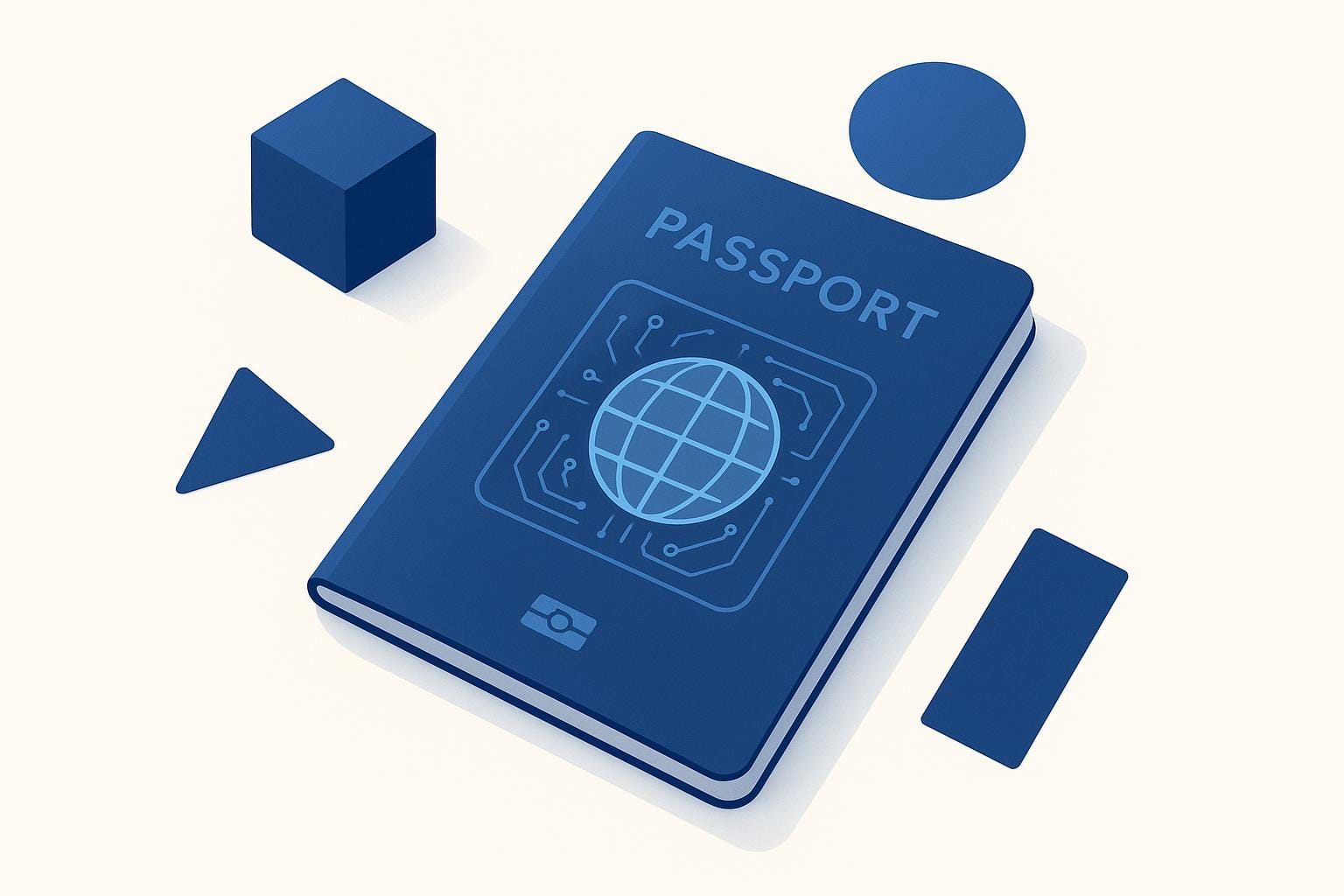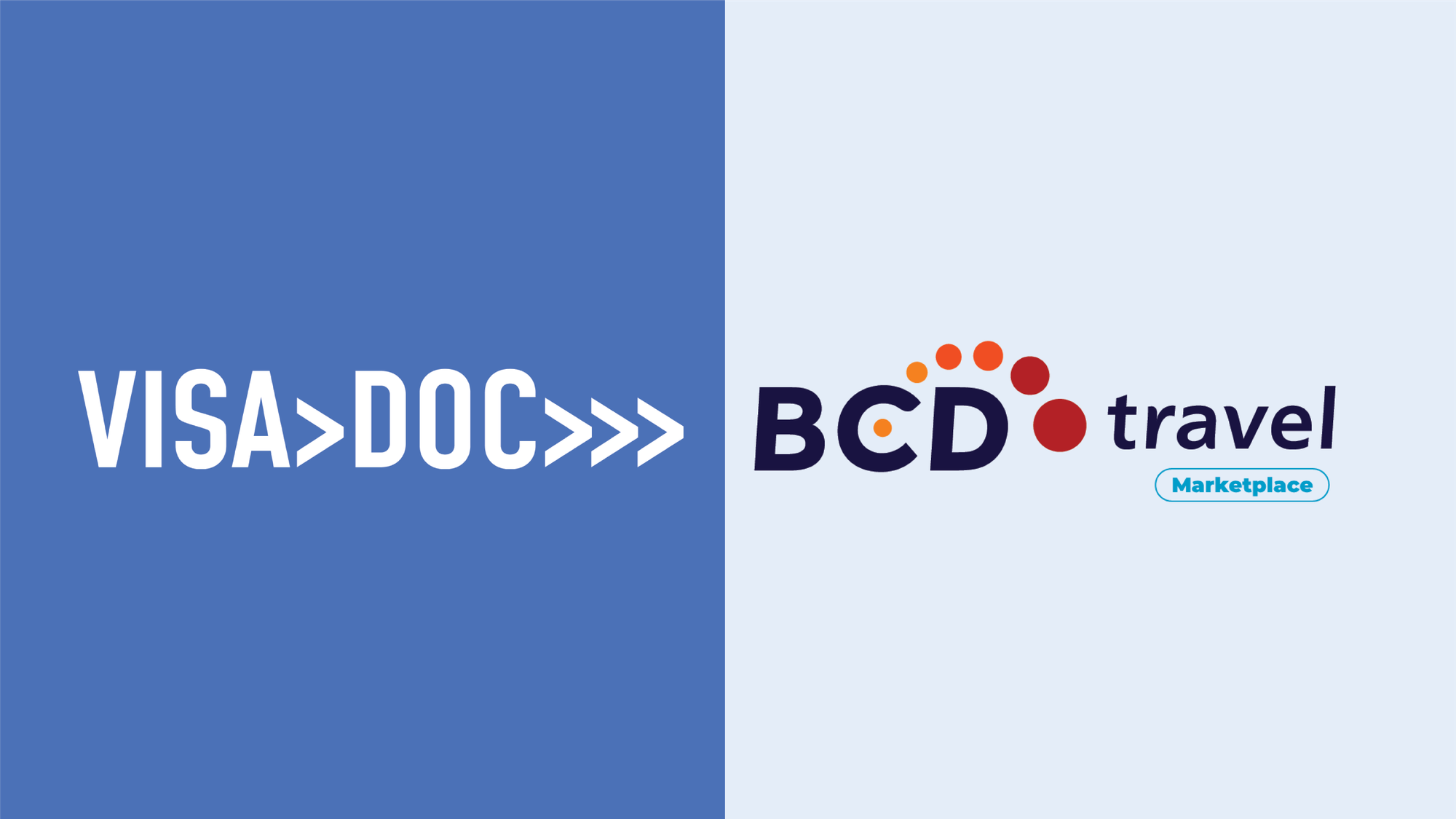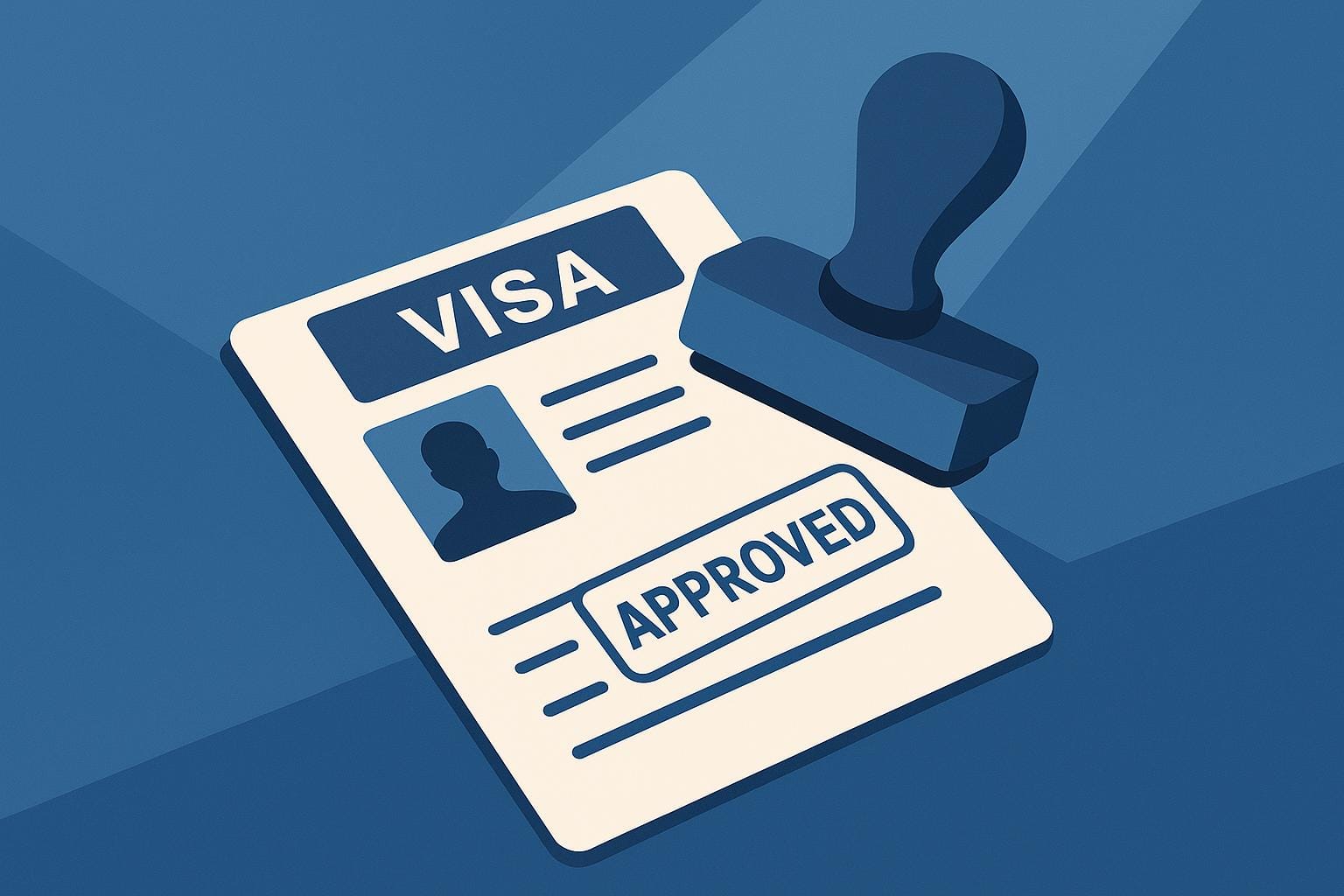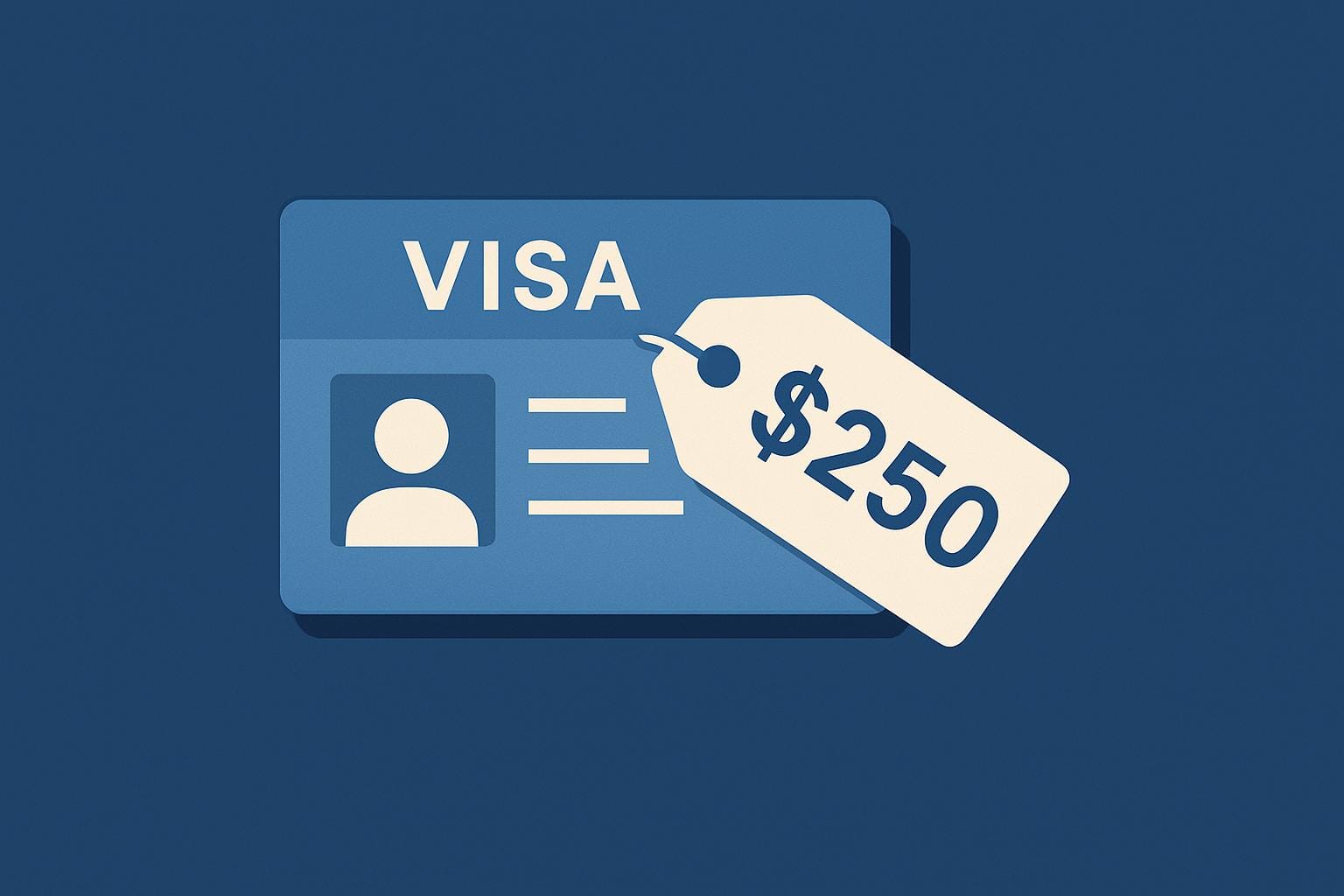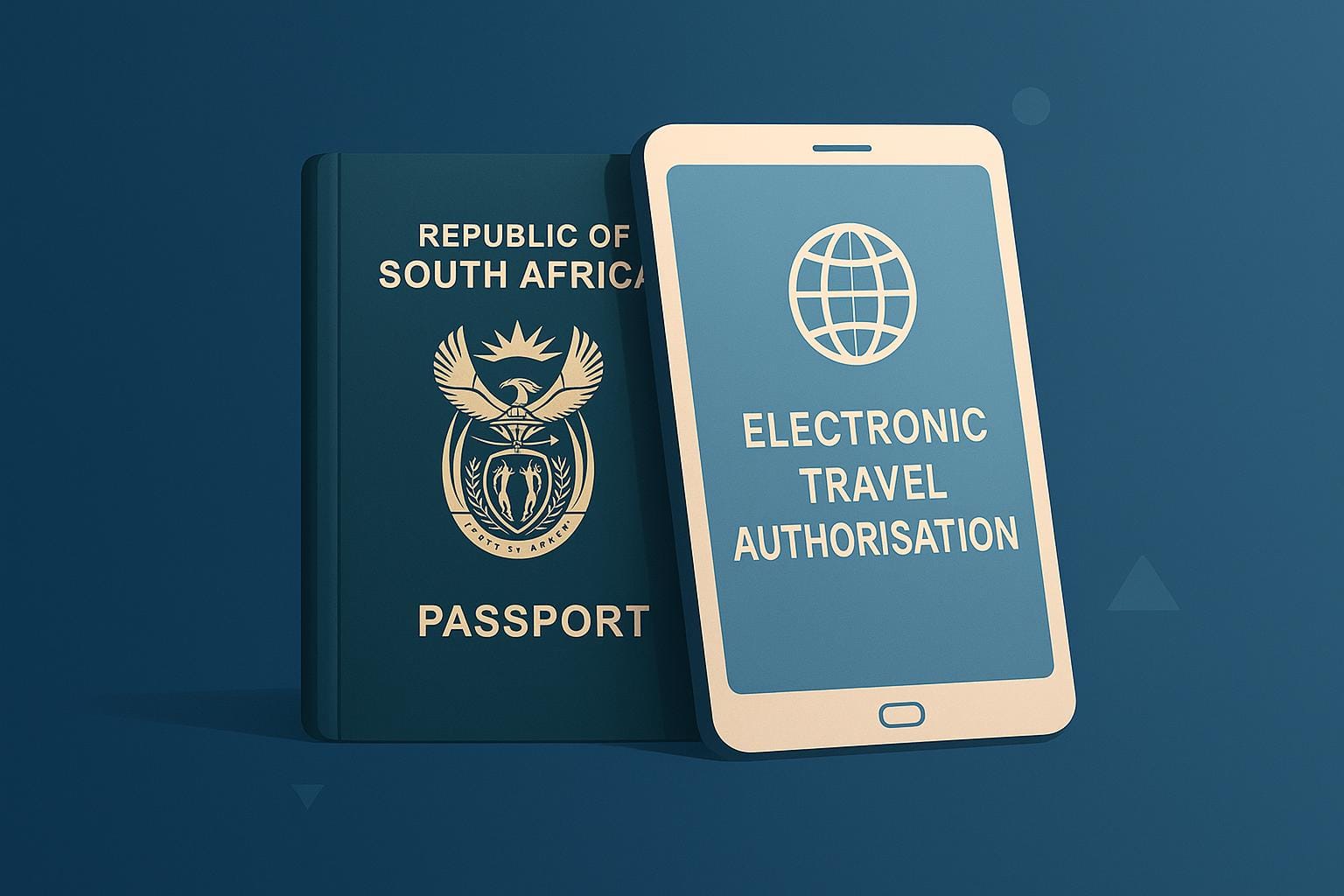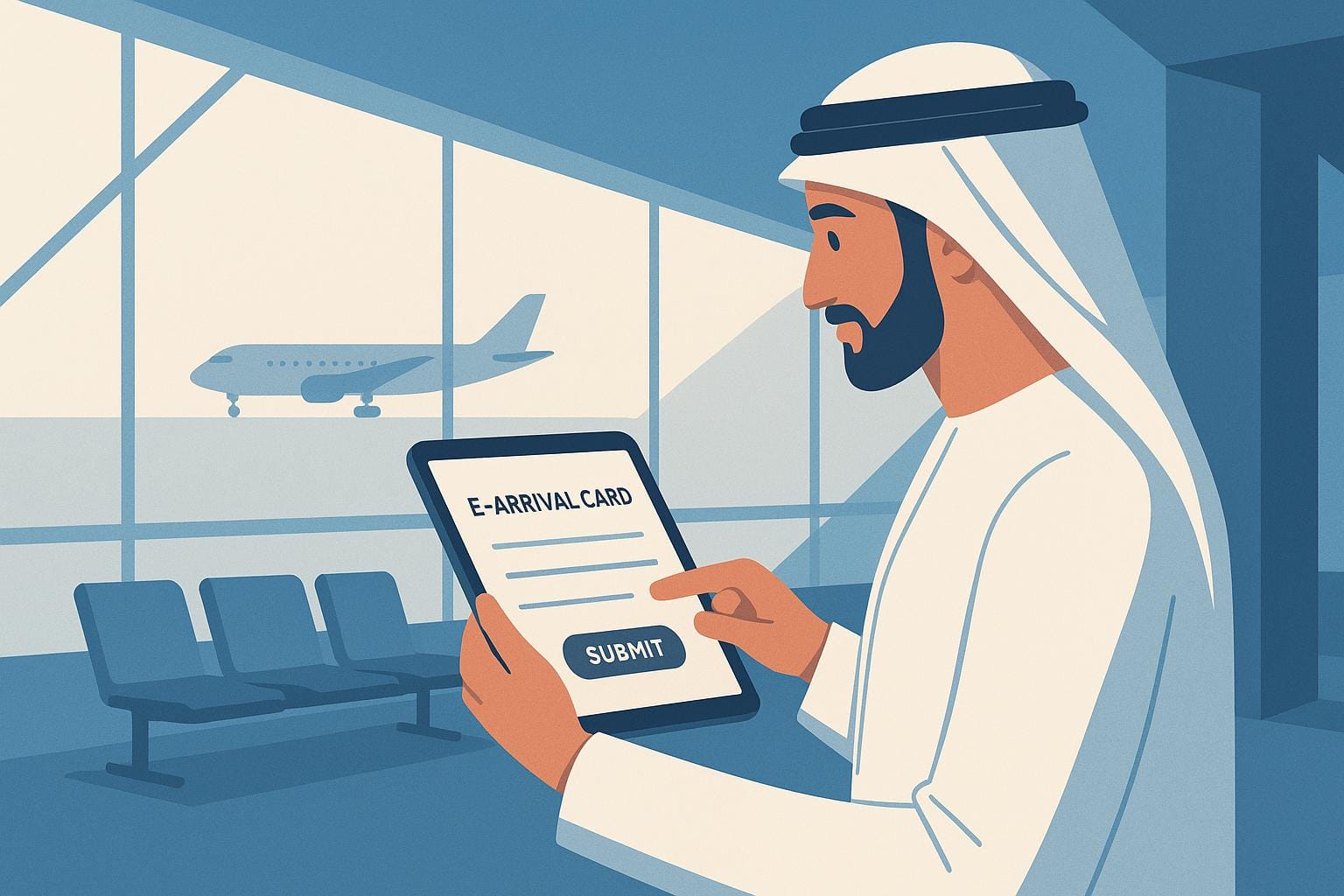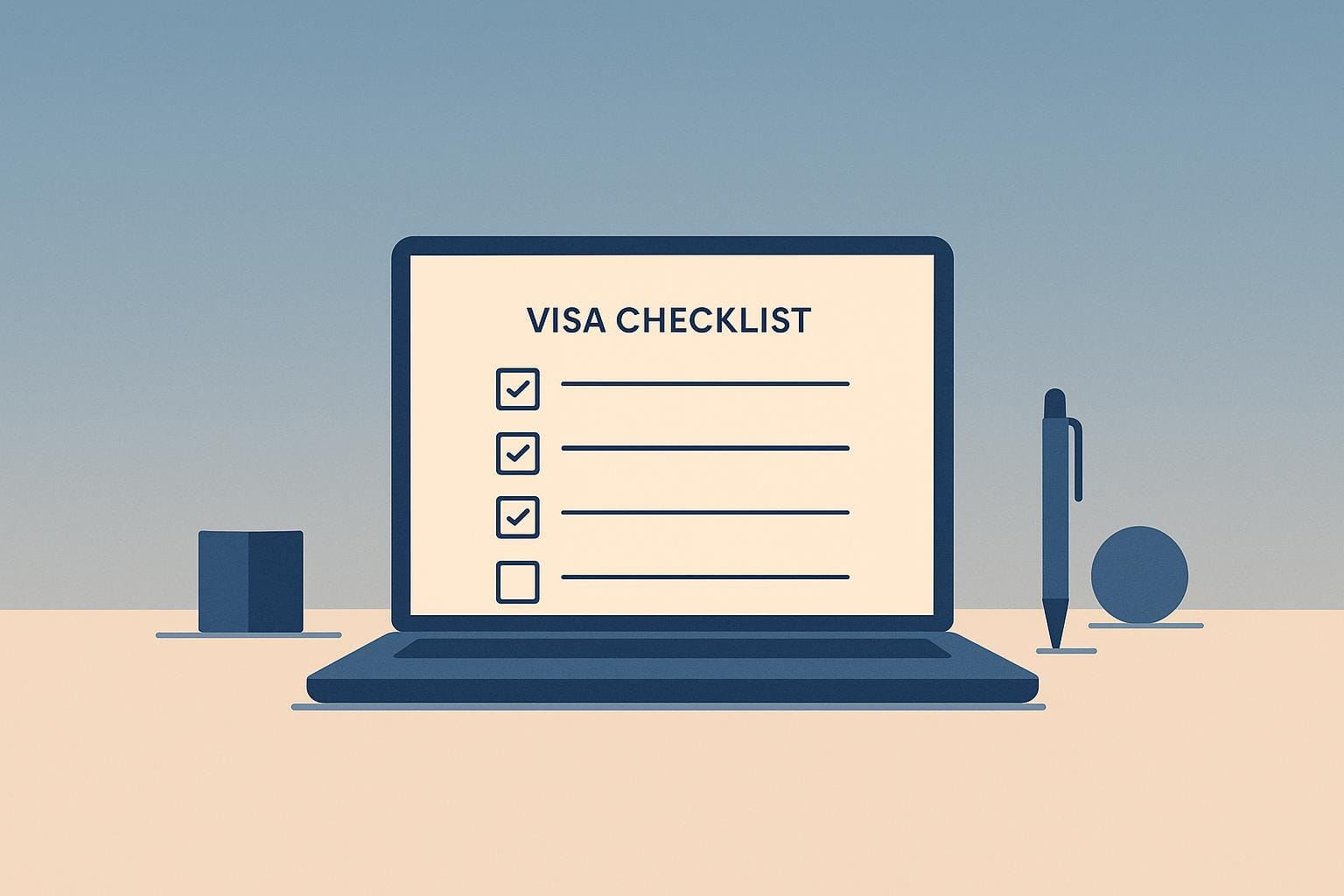The Malaysia Digital Business Visitor Pass is a fully online visa option designed to ease corporate travel for professionals in the tech and IT sectors. It eliminates the need for embassy visits and lengthy visa processes, offering quick approvals within five working days. Here’s what you need to know:
- Who It’s For: Tech professionals, digital freelancers, IT specialists, and non-tech executives. Applicants must earn at least £19,200 (tech) or £48,000 (non-tech) annually.
- Duration: Stay for up to 6 months, with an option to extend for another 6 months.
- Cost: Around £180 for the main applicant and £90 per dependent.
- Perks: Multiple entry, access to co-working spaces, and discounted accommodation in Malaysia.
- Application: 100% online via the MDEC portal. Required documents include passport copies, proof of income, criminal background checks, and international health insurance.
Quick Comparison: Traditional Visa vs Digital Business Visitor Pass
| Aspect | Traditional Visa | Digital Business Visitor Pass |
|---|---|---|
| Application Time | Weeks to months | 5 working days |
| Cost | Higher | £180 |
| Process | Embassy visits required | Fully online |
| Entry | Single | Multiple |
| Eligibility | General professionals | Focused on tech and IT |
This pass is ideal for UK tech companies expanding into Southeast Asia, offering a cost-effective, time-saving solution for frequent travel. For a smoother process, consider using tools like VisaDoc to manage applications efficiently.
Key Features and Requirements of the Malaysia Digital Business Visitor Pass
Who Can Apply and Permitted Activities
The Malaysia Digital Business Visitor Pass, also known as the DE Rantau Nomad Pass, is designed for both tech and specialised non-tech professionals. Tech talent includes digital freelancers, independent contractors, and remote workers in IT and related fields. On the other hand, non-tech talent refers to individuals in managerial, executive, or other specialised positions.
To qualify, applicants must be 18 years or older and can be from any country except Israel. Tech professionals must earn at least $24,000 USD annually (roughly £19,200), while non-tech applicants need to show a yearly income of $60,000 USD (approximately £48,000).
Pass holders are allowed to live and work across peninsular Malaysia, engaging in professional activities tied to remote work or digital entrepreneurship. However, the pass is limited to peninsular Malaysia. If you need to travel to Sabah or Sarawak for business, separate tourist visas are required.
If you're interested in applying, it’s essential to familiarise yourself with the online application process and gather the necessary documents to ensure a smooth submission.
Application Process and Necessary Documents
The MDEC online portal handles the entire application process, so there's no need to visit an embassy. To qualify, your passport must have at least 14 months of validity and six blank pages.
Here’s what you’ll need to prepare:
- Passport copies and recent passport photos
- Proof of income, such as bank statements
- Employment contracts and a detailed CV
- Criminal background check from your home country
- International health insurance covering your stay in Malaysia
If any documents are not in English, you’ll need to provide a certified translation. Additionally, the application requires a comprehensive work description showcasing your digital expertise and a personal bond form.
The application fee is RM 1,000 (around £180) for the main applicant, with an additional RM 500 (approximately £90) per dependent. Processing typically takes 4 to 8 weeks.
| Document Type | Requirement | Notes |
|---|---|---|
| Passport | 14+ months validity, 6 blank pages | Must be original |
| Income Proof | USD $24,000 (tech) / $60,000 (non-tech) | Bank statements required |
| Background Check | Criminal record clearance | From country of residence |
| Health Insurance | International coverage | Covers full stay duration |
| Work Description | Detailed digital expertise | Demonstrates eligibility |
Pass Duration and Renewal
Once approved, the pass allows for a stay of 3 to 12 months, offering flexibility for different business needs. You can extend your stay with a renewal option for an additional 12 months.
Renewal applications must be submitted up to two months before your pass expires to maintain legal status. You'll need to meet the same eligibility criteria as the initial application, including income requirements, remote work verification, and updated health insurance.
Required renewal documents mirror the initial application: a valid passport, proof of income, remote work confirmation, active health insurance, and a clean criminal record. The renewal process is also handled online through the MDEC portal.
However, delays in the renewal process have been reported due to system issues. To avoid complications, apply early, document any technical issues with screenshots, and notify MDEC if you’re travelling during the renewal process. It’s also a good idea to check your junk mail folder regularly for updates and contact MDEC directly if urgent matters arise.
Benefits for Tech Sector Corporate Travel
Faster Processing and Fewer Delays
The Malaysia Digital Business Visitor Pass is a game-changer for tech companies managing corporate travel. Thanks to Xpats Gateway, the immigration process is centralised and streamlined, with applications processed in just five days. By eliminating agency-related bottlenecks, this system offers greater efficiency and transparency, allowing for real-time tracking and better resource management. For UK tech firms operating in Southeast Asia, this speed is invaluable, especially for time-sensitive operations. Additionally, it supports a more secure and compliant immigration framework.
"The pass reflects a strategic push to improve Malaysia's business environment by addressing delays and procedural complexities." – Datuk Seri Saifuddin Nasution Ismail, Home Minister
Better Compliance and Lower Risk
The Malaysia Digital Business Visitor Pass provides clear and standardised guidelines, helping companies stay in line with immigration regulations. It ensures that noncitizens intending to work in Malaysia secure the proper right-to-work entitlements. This clarity reduces the risk of hefty penalties, which can include fines of up to RM 10,000 (around £1,800) and imprisonment of up to five years for employing foreign workers without proper documentation. Moreover, the pass lightens the administrative load on legal and HR teams, supporting stronger corporate governance and due diligence processes.
Improved Global Mobility for Tech Companies
The pass also enhances global mobility, aligning with broader goals of visa management automation. It provides tech companies with seamless access to Malaysia's thriving tech ecosystem. For instance, Malaysia plays a significant role in the semiconductor industry, contributing about 13% of global testing and packaging. The country’s ambition to rank among the top 20 in the global start-up ecosystem index by 2030 further highlights its potential for international collaboration. With a relatively low-income threshold of $24,000 USD (approximately £19,200), the pass is accessible to a wide range of tech professionals. By eliminating visa-related hurdles, it allows companies to deploy diverse teams more flexibly and to plan for long-term growth across the Asia-Pacific region.
Workflow Automation and Visa Management with VisaDoc
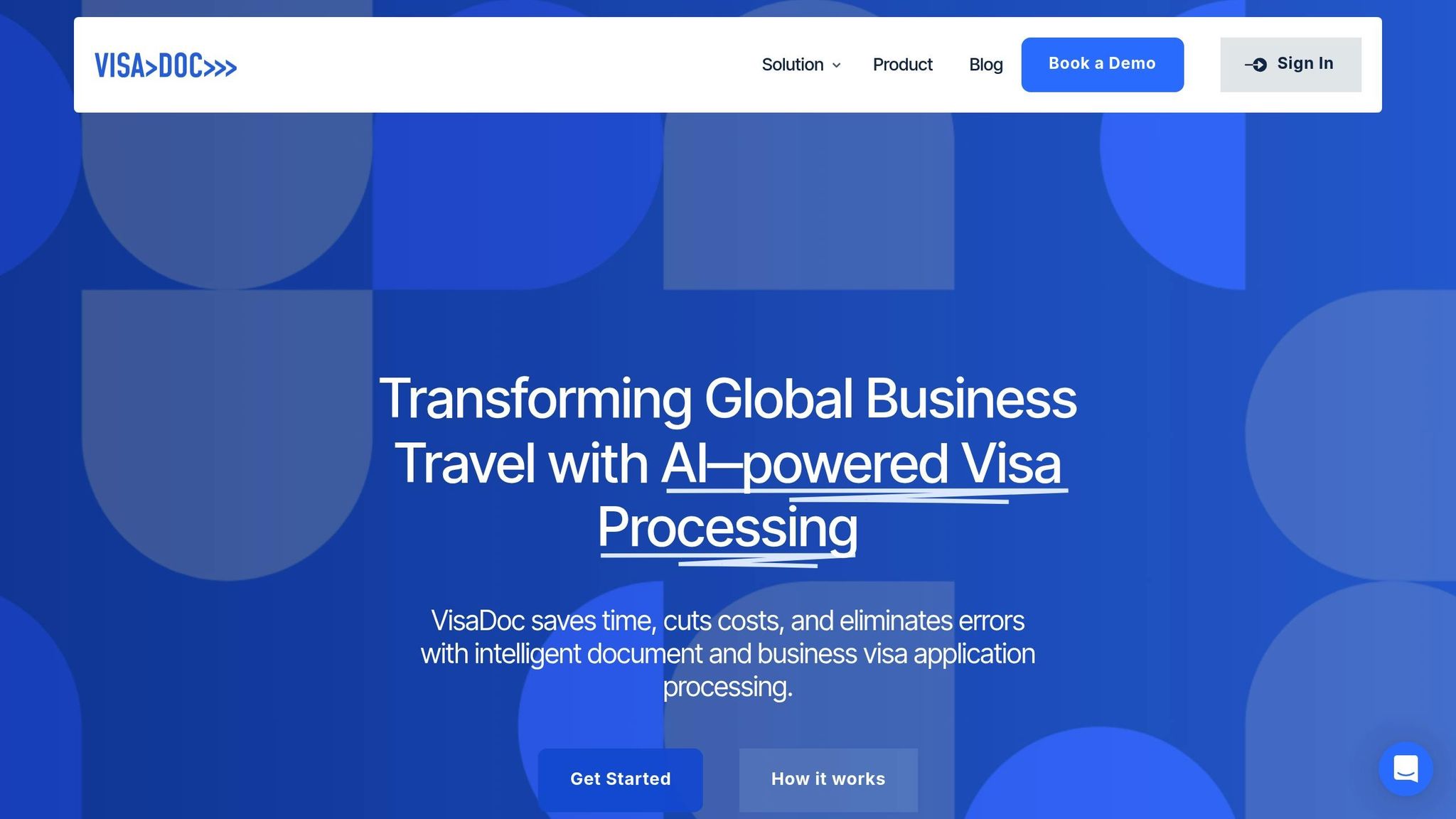
Centralised Visa Management
VisaDoc brings a fresh approach to visa management for UK tech companies with its cloud-based visa and immigration case management system. By consolidating all visa-related tasks into a single platform, it simplifies what can often be a complex process.
Through a centralised dashboard, users can track application timelines and document statuses in real time, making it easier to stay on top of deadlines and avoid delays. For tech companies managing employees travelling to Malaysia, this system allows HR teams to oversee multiple applications simultaneously, identifying potential issues before they escalate.
VisaDoc also automates the document collection and storage process. The platform requests the necessary documents from employees, checks them for completeness, and securely stores them with version control. This reduces the risk of delays caused by missing or outdated paperwork, ensuring a smoother visa application journey.
Beyond centralisation, VisaDoc offers advanced features designed to simplify mobility management even further.
Key Features for Tech Sector Mobility
VisaDoc uses AI-driven tools to streamline visa processing by automating tasks like application assistance, document verification, and error detection. This reduces the chances of delays caused by documentation errors, a common challenge in visa applications.
The platform also offers customisable workflows, allowing companies to integrate internal approval processes while staying compliant with Malaysian immigration regulations.
Its Client Portal provides a secure, self-service space where employees can complete questionnaires, upload documents, and track their application progress in real time. This transparency significantly reduces the volume of status enquiries that HR teams typically handle during visa processing.
VisaDoc integrates seamlessly with tools like Microsoft Office and identity verification systems, making it a natural fit for companies already using advanced HR and travel management software. These integrations eliminate data silos and reduce the need for manual data entry, cutting down on errors and saving time.
These features collectively lighten the administrative load on HR and legal teams, enabling them to focus on more strategic priorities.
Benefits for HR and Legal Teams
VisaDoc takes the hassle out of visa management by automating repetitive tasks like sending reminders and pre-filling application forms. HR professionals no longer need to chase employees for missing documents or manually track deadlines, freeing them up for more impactful work.
The platform also includes built-in compliance auditing tools, which help ensure that all documentation meets immigration requirements. Sponsor licence tracking further supports compliance for outbound travel needs.
With audit trails and deadline reminders, VisaDoc creates a robust compliance framework. Every action is logged and timestamped, providing a clear record for internal audits and regulatory reviews. This level of detail is invaluable for legal teams tasked with maintaining corporate governance standards.
For tech companies looking to expand in Southeast Asia, VisaDoc supports global mobility strategies by handling multiple visa types and jurisdictions. This scalability allows organisations to grow internationally without adding unnecessary administrative burdens.
Manual vs Digital Business Visitor Pass Management
Managing business visitor passes manually and digitally presents a stark contrast. When it comes to Malaysia's Digital Business Visitor Pass, efficiency is key. Traditional methods, like juggling spreadsheets, email chains, and paper-based documentation, often cause delays that can disrupt business travel plans. On the other hand, digital solutions simplify the entire process, making them ideal for tech companies managing frequent international travel.
With manual processing, HR teams face the daunting task of handling multiple applications across disjointed systems, chasing down missing documents, and manually tracking deadlines. This not only increases administrative workload but also leaves room for compliance risks. In fact, research indicates that businesses using digital workflow automation see a 32% drop in human error compared to manual methods. Tools like VisaDoc tackle these challenges by using AI-driven verification. Companies adopting digital visa management systems often achieve cost savings of 15–20% in their processes. The table below illustrates how digital management significantly outperforms manual approaches.
Process and Outcome Comparison
| Aspect | Manual Management | Digital Management (VisaDoc) |
|---|---|---|
| Application Processing Time | 5–10 working days | 2–3 working days (70% faster) |
| Document Verification | Manual checks, prone to errors | AI-powered review, ensuring high accuracy |
| HR Workload | Heavy – requires constant monitoring | Light – automated tracking and alerts |
| Compliance Risk | High – manual tracking of requirements | Low – built-in compliance auditing |
The difference in performance is clear: digital systems offer far-reaching operational benefits. Beyond just saving time and reducing errors, they also lower costs and improve the overall business travel experience. Additionally, these platforms provide valuable data insights, helping HR teams spot travel trends, anticipate visa needs, and refine global mobility strategies.
For businesses, especially in the tech sector, adopting digital solutions for Malaysia's Digital Business Visitor Pass isn't just about convenience. It's about building a scalable system that supports international growth - an edge that's crucial in today’s competitive market.
Key Takeaways and Next Steps
Benefits at a Glance
The Digital Business Visitor Pass makes travelling across Southeast Asia much easier for UK tech companies. With a processing time of just five days, an initial stay of six months (extendable by another six), and fees of RM500 (about £95) for processing and RM90 (around £17) per pass, it’s tailored to meet the needs of tech professionals. It’s specifically designed for those driving investment and business growth in the region.
For companies managing remote workers or digital freelancers, the DE Rantau Nomad Pass is another option worth considering. It offers stays ranging from 3 to 12 months, renewable for an additional year, with fees starting at RM1,000 (approximately £190). To make the most of these opportunities, integrating an automated solution can simplify the entire process.
How VisaDoc Can Help
VisaDoc is a tool designed to take the hassle out of visa management. It centralises the entire process, automating tasks like document verification, compliance checks, and application tracking. Employees can upload their documents and monitor the status of their Malaysia Digital Business Visitor Pass applications in real time.
This system complements the benefits of the pass, reinforcing the importance of automation for smooth global mobility. Here’s a suggested approach for UK tech companies:
- Step 1: Check if you meet the eligibility criteria for the Malaysia Digital Business Visitor Pass, especially if you’re an investor or tech professional.
- Step 2: Gather the necessary documents, such as business profiles and senior management details, for submission via the Xpats Gateway.
- Step 3: Implement VisaDoc to streamline and centralise your visa management process.
FAQs
What are the key benefits of the Malaysia Digital Business Visitor Pass for professionals in the tech industry?
The Malaysia Digital Business Visitor Pass is designed to make life easier for tech professionals. One of its standout features is the quick processing time, which is perfect for those who need to travel to Malaysia on short notice. It also supports flexible remote work setups, enabling professionals to work and collaborate effortlessly while in the country.
Another benefit is its ability to simplify compliance procedures, cutting down on the usual administrative headaches for both employees and their employers.
For tech companies aiming to support global mobility without complicating travel logistics, this pass offers a practical and efficient solution.
How can tech companies comply with Malaysian immigration rules when using the Digital Business Visitor Pass?
To meet Malaysian immigration requirements when using the Digital Business Visitor Pass, tech companies must verify that all travel documents, including passports, are valid and fulfil the necessary conditions before travel. It’s also crucial to complete the Malaysia Digital Arrival Card (MDAC) online ahead of arrival and strictly follow the stay duration allowed under the pass.
Staying informed about entry requirements, such as health screening procedures, is equally important. Employees should be briefed on these regulations to avoid any unintended violations. Regularly checking for updates on Malaysian immigration policies can help businesses avoid overstays or compliance issues, ensuring hassle-free and lawful travel for work purposes.
How can applicants prepare for the online application process for the Malaysia Digital Business Visitor Pass?
To get started with the online application, gather all the required documents. This includes proof of remote work, income records, and valid identification. Once everything is ready, head to the De Rantau Digital Nomad Pass platform. Register with your personal email address, verify your account, and indicate whether you're applying as a foreigner or a local.
After that, select your occupation category - either as a digital freelancer/independent contractor or a remote worker. Fill out the online form carefully, ensuring all personal details are accurate. Don’t forget to upload a recent passport-sized photograph. Before submitting your application, take a moment to review everything to ensure there are no mistakes or missing documents, as this could lead to delays.
Related Blog Posts
- Supporting Your Employees Through the Visa Process: A Travel Manager’s Guide
- Top 5 Challenges in Corporate Visa Management (And How to Overcome Them)
- India Business Travel Guide: Visas, Permits, and Cultural Tips for Success
- Visa Expiration & Renewal Management: Preventing Last-Minute Travel Disruptions



